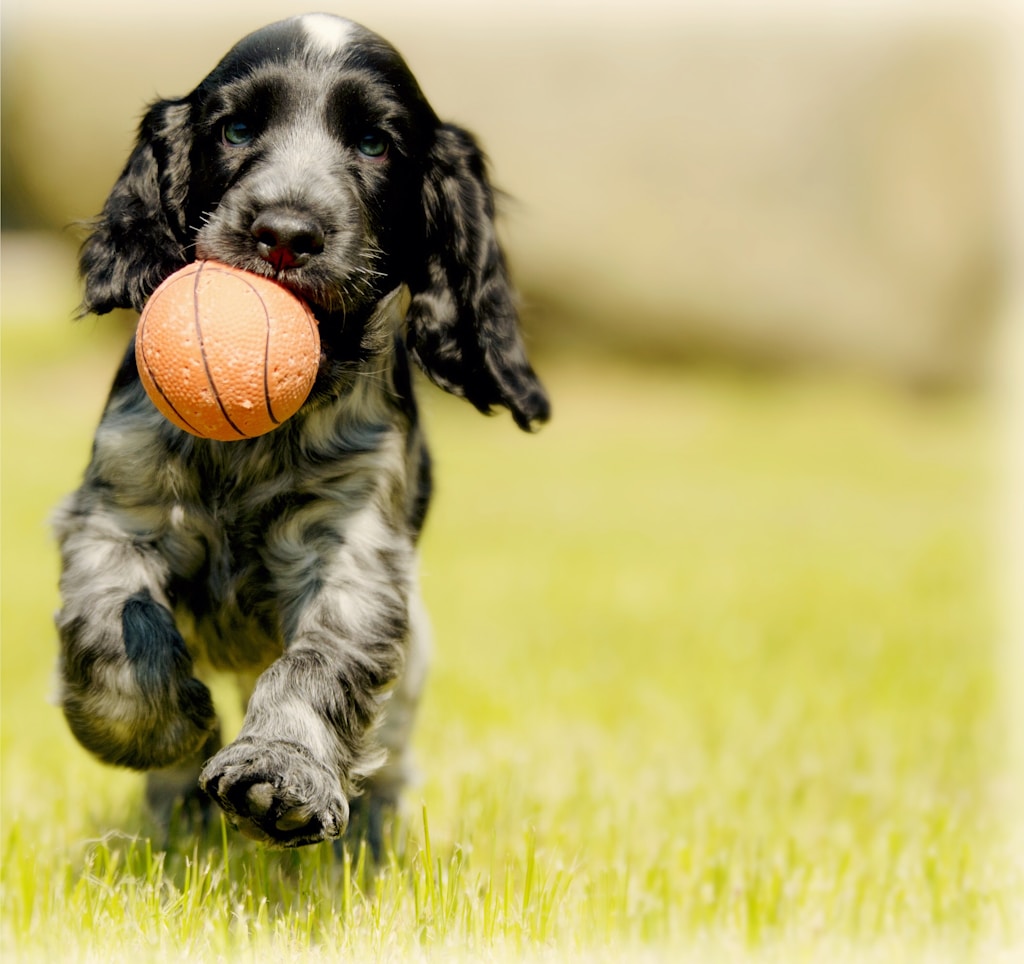Although vaccines against canine parvovirus (CPV) are used worldwide, CPV infection still occurs relatively commonly, mainly in young dogs. This review article focuses on different causes of vaccination failures. Various factors affecting the dog itself or its environment can be responsible. A subset of dogs fail to develop antibodies (non-responders) or produce only very low antibody titers (low-responders) following vaccination against CPV for genetic reasons. In addition, vaccination efficacy can be affected by other intrinsic factors (e. g., weight, age, reproductive, and nutritional status, diseases) and/or extrinsic factors (e. g., stress, physical strain, medications). In addition to these causes affecting the individual dog, vaccine failure can also be caused by reduced immunizing properties of the vaccine itself. A variety of different factors (e. g., manufacturing, storage, application) can be responsible for this effect.
Thieme. All rights reserved.

